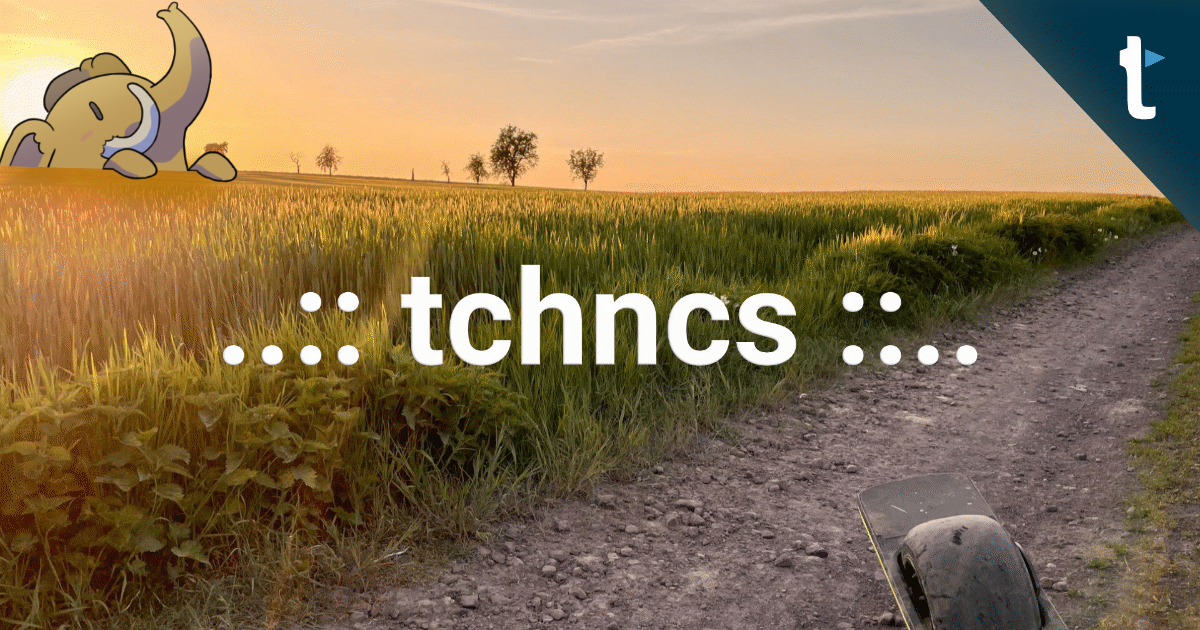Recent searches
Search options
When Signal was designed, our threat model was protecting the communications of civil society, journalists, just regular citizens ...
The threat model of military operations & sharing your hate of Europeans was not what Signal was designed for. Ephemeral messages and cryptographic deniability are not fit for communications that require accountability.
But I appreciate their effort to make government more efficient by adding journalists to the chat instead of requiring to go through FOIA.
@fj I still think @signalapp has fundamental flaws like demanding #PII (#PhoneNumbers can't be obtained anonymously around the globe and are trivial to track down to devices and thus users), being subject to #CloudAct as an unnecessary & 100% avoidable risk as well as #Shitcoin-#Scam shilling (#MobileCoin) and it's #proprietary, #SingleVendor & #SingleProvider nature that makes it inferior to real #E2EE with #SelfCustody like #PGP/MIME & #XMPP+#OMEMO!
@kkarhan
PGP leaks metadata by design, and doesn't have forward secrecy by default.
(There is sequoia-pgp, that supposedly “unstuck” the PGP development, but being OOTL I've missed it.)
https://www.latacora.com/blog/2019/07/16/the-pgp-problem/
XMPP+OMEMO has a lot of problems.
https://soatok.blog/2024/08/04/against-xmppomemo/
You're left with Matrix, which has some problems, with a wonky security culture (like not hard-depreciating libolm) and leaking metadata.
Still, if you're against Signal, you're left with Matrix on the top.
@dzwiedziu @fj @signalapp not really, as the #Metadata #FUD cited by #Signal is mitigateable with proper measures.
- You can't even run Signal over @torproject and even if that point is moot when you're forced to quasi-#KYC by virtue of a #PhoneNumber aka. #PII they have neither legitimate interest nor technical reason to demand in the first place!
Every claim that things like #ITsec, #InfoSec, #OpSec & #ComSec can be solved with "Just use Signal!" is "#TechPopulism" at best if not being a "#UsefulIdiot"!
- All #centralized, #SingleVendor & #SingleProbider systems are inherently insecure!



